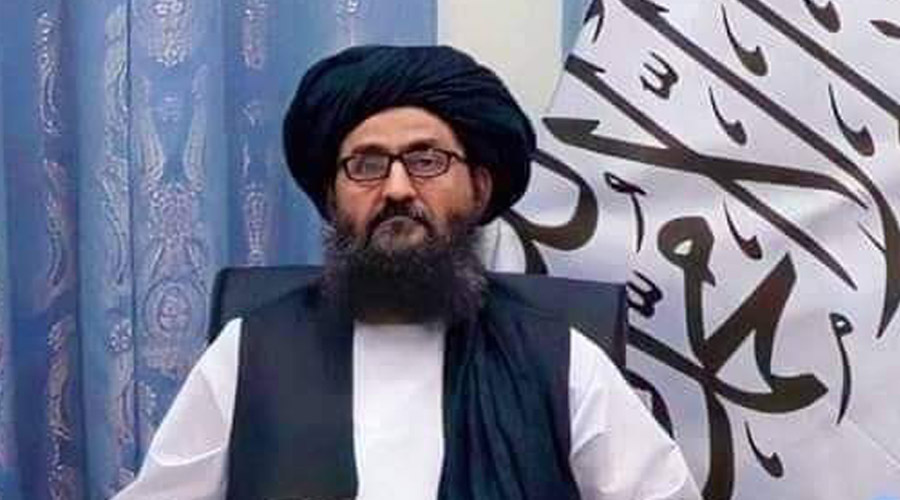Abdul Ghani Baradar, the Taliban leader freed from a Pakistani jail on the request of the US less than three years ago, has emerged as an “undisputed victor” of the 20-year war in Afghanistan, according to a British media report.
While Haibatullah Akhundzada is the Taliban’s overall leader, Baradar is its political chief and its most public face. He was said to be on his way from his office in Doha, Qatar, to Kabul on Sunday evening.
In a televised statement on the fall of Kabul, he said the Taliban’s real test was only just beginning and that they had to serve the nation, The Guardian newspaper reported on Sunday.
Baradar’s return to power embodies Afghanistan’s inability to escape the bloody shackles of its past. The story of his adult life is the story of the country’s unceasing, pitiless conflict, the report said.
Born in Uruzgan province in 1968, he fought with the Afghan mujahideen against the Soviets in the 1980s. After the Russians were driven out in 1992 and the country broke into civil war between rival warlords, Baradar set up a madarsa in Kandahar with his former commander and reputed brother in law, Mohammad Omar.
Together, the two mullahs founded the Taliban, a movement spearheaded by young Islamic scholars dedicated to the religious purification of the country and the creation of an emirate, the report said.
Fuelled by religious fervour, widespread hatred of the warlords and substantial support from Pakistan’s Inter-Services Intelligence (ISI) agency, the Taliban swept to power in 1996 after a series of stunning conquests of provincial capitals that took the world by surprise, just as the movement has done in recent weeks.
Baradar, Mullah Omar’s deputy who was widely believed to be a highly effective strategist, was a key architect of those victories. Baradar played a succession of military and administrative roles in the five-year Taliban regime, and by the time it was ousted by the US and its Afghan allies, he was deputy minister of defence.
During the Taliban’s 20-year exile, Baradar had the reputation of being a potent military leader and a subtle political operator. Western diplomats came to view him as part of the Quetta Shura — the Taliban’s regrouped leadership in exile — that was most resistant to ISI control, and most amenable to political contacts with Kabul.










